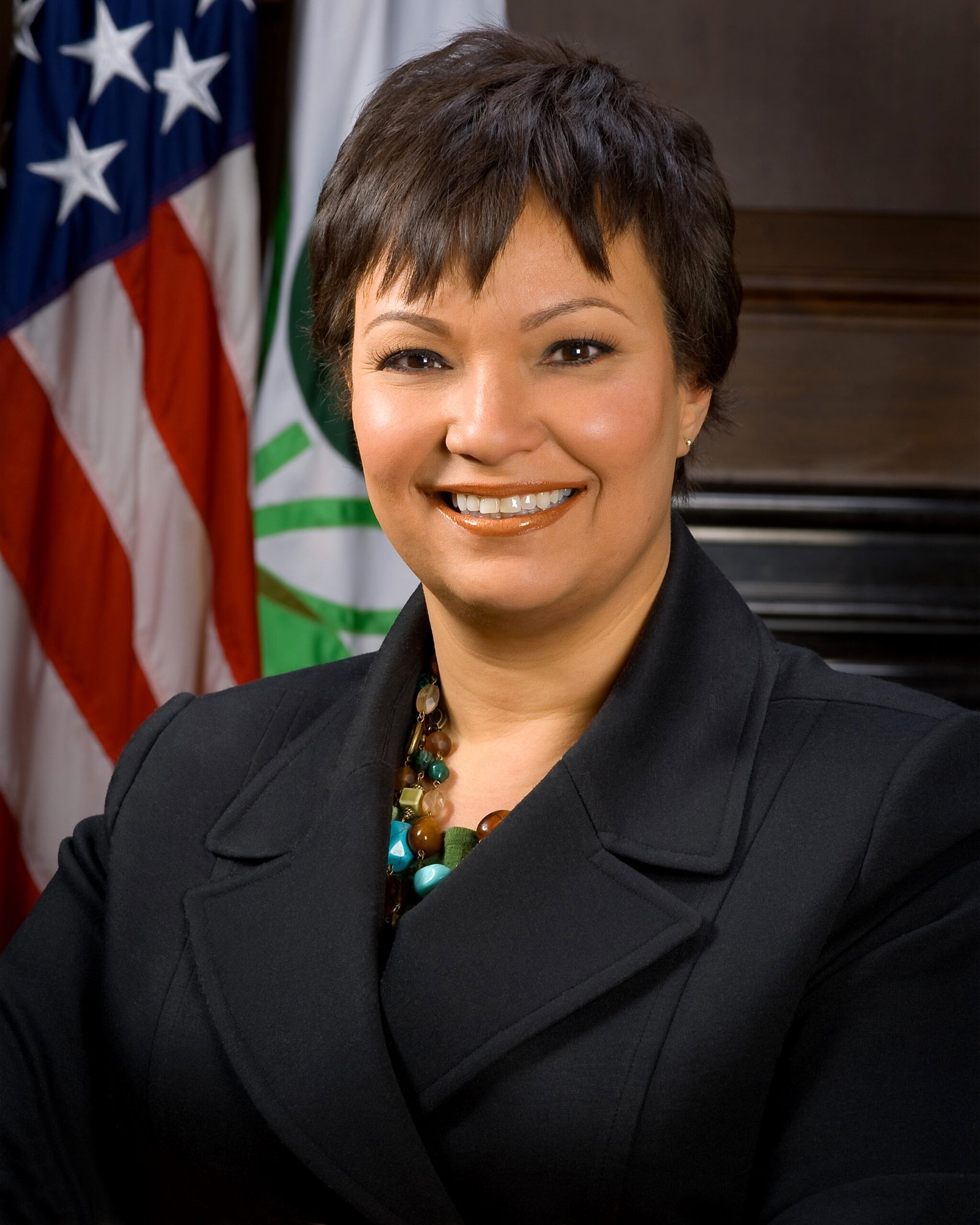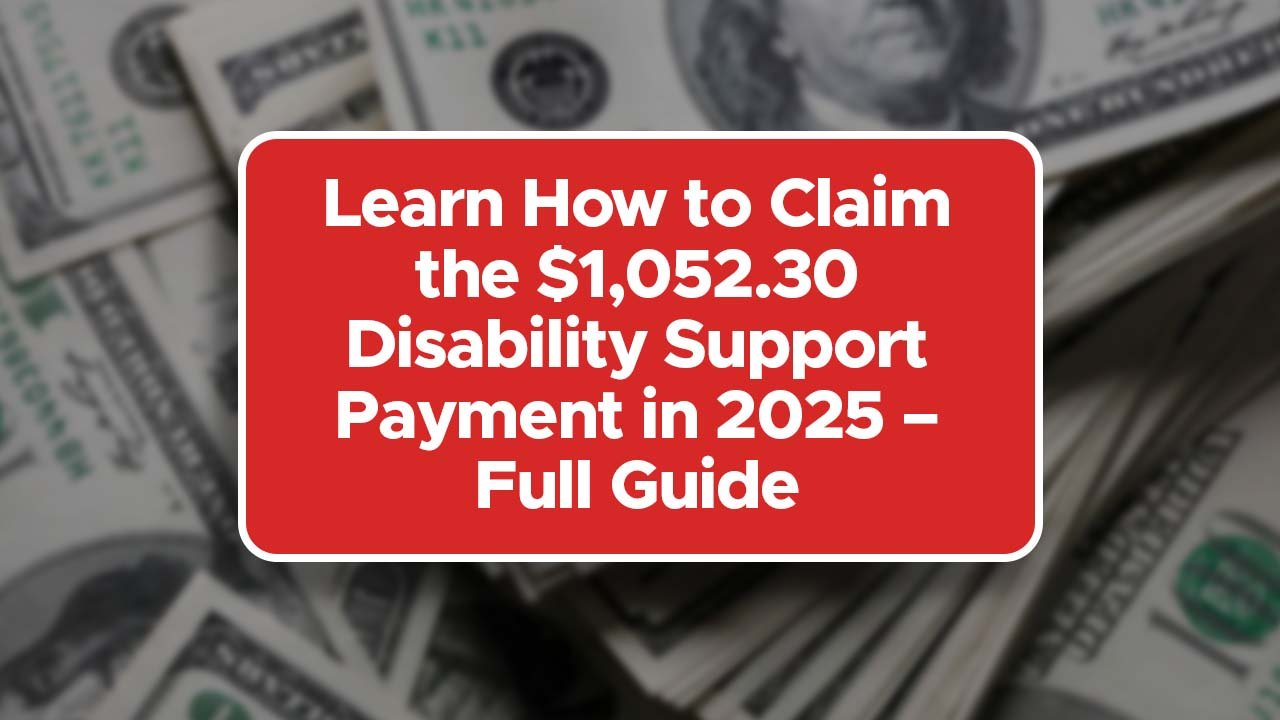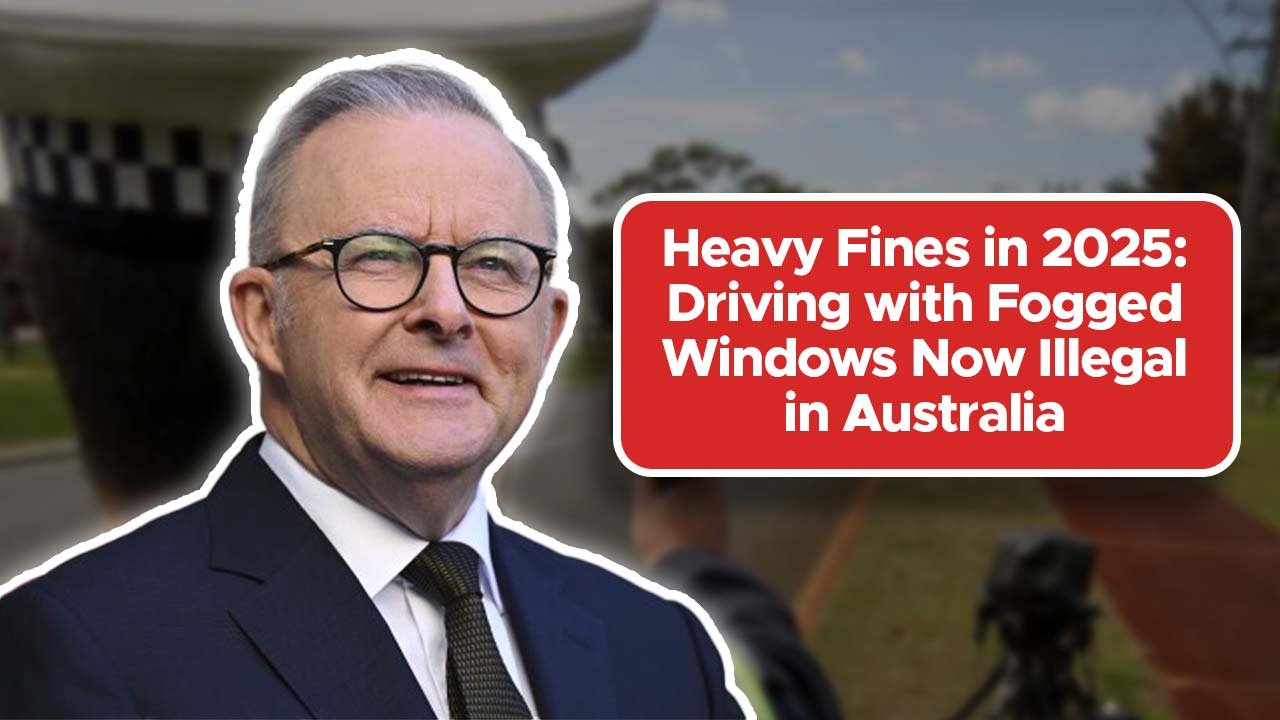Australia is prioritising the safety of older drivers while also striving to balance the safety of all road users with the autonomy of older drivers. Defending the independence of older drivers prompted the 2025 changes to the
‘Driving After 70’ policy. 70-year-olds were the target of scrutiny because of an increase in road accidents involving older drivers. New regulations were aimed at providing older Australians with the safest possible mobility.
Accident reports indicate a higher number of road accidents involving older drivers. Older adults naturally experience a drop in response times, heightened mobility impairment, and other age-related changes in their eyesight which all increase the probability of an accident. The use of more frequent medical assessments and age-appropriate licence renewals will target the goals of balancing road safety with mobility, providing the opportunity for appropriate actions to be taken regarding declining health attributed to the older age of the driver.
Most Important Changes for Older Drivers
Most important of all the new rules are the required yearly health checkups for those above seventy. Seniors are required to get a health check from a doctor approved by the state before licence renewal or maintenance. In some states, the process includes health, cognitive, and vision screening, and practical driving tests will be required if the medical report raises concerns. Drivers above the age of 85 will need to opt for a “modified licence” with more severe restrictions like driving only during the day or staying within a specific perimeter.
State Differences
The rules for driving in Australia depend on which state you are in, but the changes made in October 2025 will be more uniform across the country. For example, in New South Wales, there are medical reviews which become annual reviews from the age of 75, with practical tests required from 85. In Queensland, there are rules which state that from the age of 75 a driver must carry a medical certificate which is valid. In Western Australia, the new rules state that from the age of 80, a person must have annual health check-ups. In contrast to the other states, in Victoria, there are no universal age-based tests; instead, the state applies medical reviews if they believe the driver is unfit.
The Effect on Families and Elders
Health care providers believe that these concerns will lead to Road Rule changes which will ultimately benefit everyone. Preemptive health care prevents health related hazardous driving situations from developing. Frequent driving assessments help seniors keep a realistic picture of their driving abilities. Families will be concerned about administrative and financial burdens which will grow for frequent assessments but there will be peace of mind for families that their elderly relatives are driving safely.
The Road Ahead
Seniors are advised to start visiting their General Practitioners for yearly assessments. Australian seniors are required to start visiting their General Practitioners for yearly assessments. For each tier of testing documentation, assess each state government for their specific tiers and documentation. For regions with integrated documentation systems, the reports will be able to be electronically submitted directly to the health system which will save time to assess the compliance documentation and facilitate a renewal of a driving licence.
Short Data Table: Key Requirements by State (2025)
| State / Territory | Health Check Age | Practical Test Age | Special Rule |
|---|---|---|---|
| NSW | 75 | 85 | Modified licence opt. |
| QLD | 75 | – | Carry medical cert. |
| VIC | Case-by-case | – | Medical review only |
| SA | 75 | – | Self-assess yearly |
| WA | 80 | – | Annual check |
| TAS | If needed | – | Health review |
Actions For Seniors
- Prior to renewing your license, obtain a driving test from your General Practitioner.
- Know what local driving restrictions are for modified licenses regarding night time driving and geographic restrictions.
- Since active compliance monitoring will begin on October 2025, be prepared to show your documents and certificates at random intervals.
- Interoperable health systems with no connection to the health system documentation and the system developing integrated documentation will be centered toward driving licenses.
Common Questions
Q1. In 2025, will seniors lose their driving rights?
Seniors will still be able to drive, so long as the medical assessment permits it. There will be no bans, only assessments focusing on health and safety.
Q2: Are the rules the same in every state?
The requirements for each state are different but the changes coming October 2025 are expected to make them more uniform across the country.
Q3: What happens if a senior fails a medical assessment?
Possible outcomes driving licence restrictions, licence suspension, or a modified licence with limited rights.











